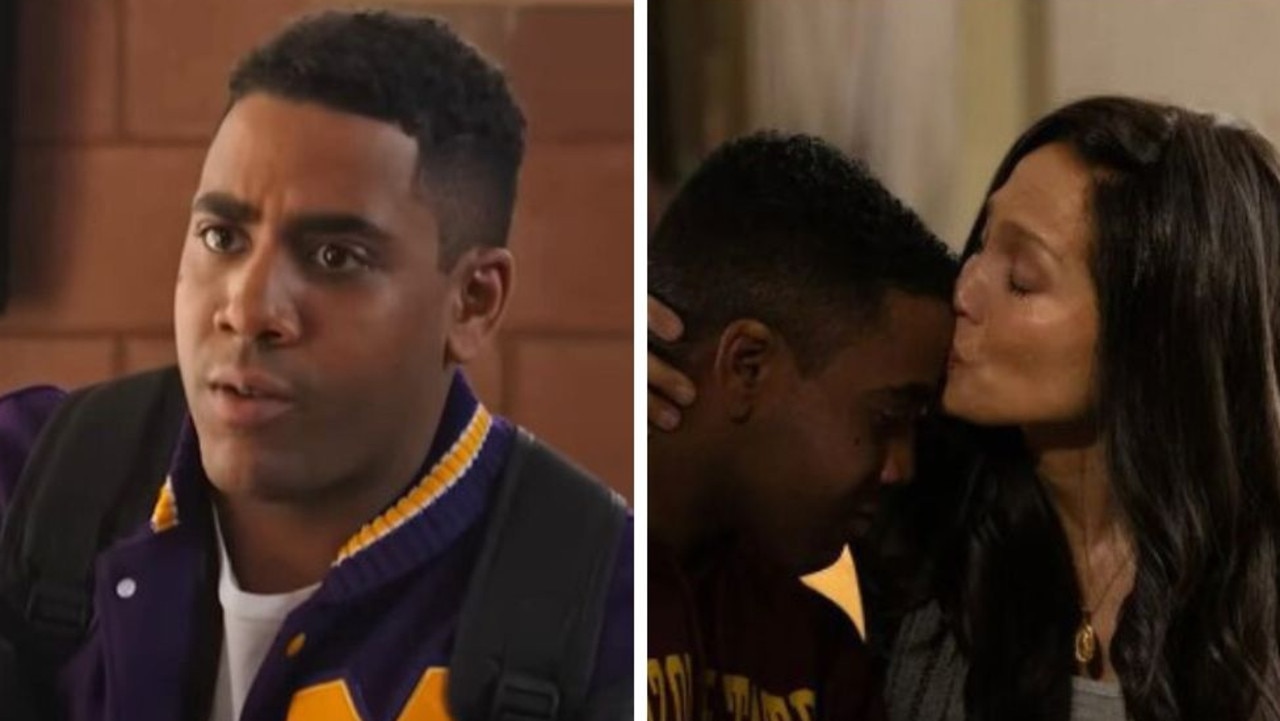Why there’s something off about Green Book
On the surface, this Oscar contender is a crowd-pleasing and inspiring movie. But scratch a little and there’s a whole raft of problems.

Can you separate a movie from its context?
That’s the question plaguing Green Book, a feel-good drama starring Viggo Mortensen and Mahershala Ali, which has run into several scandals.
The Oscar contender is ostensibly the true story of musician Don Shirley and his driver/bodyguard Frank “Tony Lip” Vallelonga while on tour through the racist, segregation Deep South during the 1960s.
Shirley is presented as an enormously talented but uppity musician who won’t eat fried chicken for fear of being cast as a racist stereotype. Tony starts off the movie as a racist bouncer from the Bronx who throws three glasses in the bin after they were used by African-American tradesmen in his home.
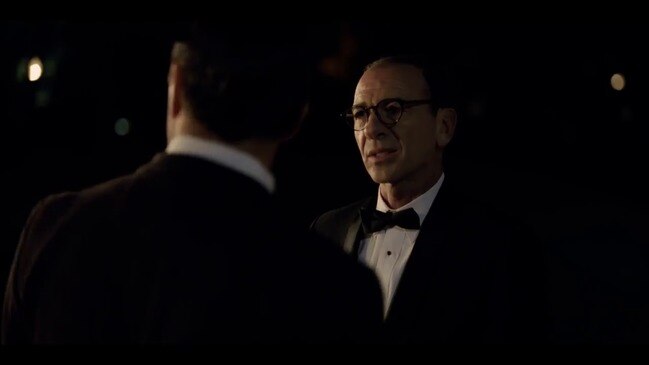
Green Book is supposed to be a redemption tale. On the journey, these two unlikely people find the good in each other and learn from one another — Tony learns that he’s racist and shouldn’t be and Don learns to stand up for himself and to eat fried chicken.
The film itself is a crowd-pleasing movie that’s well-paced, well-shot and enjoyable. It also features a great, multidimensional performance from Ali, the favourite to pick up the Supporting Actor Oscar in a month.
And if that’s where you left it, in isolation and on the surface, then Green Book is a great movie.
Where it runs into trouble is if you scratch even a millimetre beneath its fuzzy, warm surface.
Green Book is predicated on an amiable ending and message, about people learning to accept each other’s differences, designed to be uplifting and make people feel better about themselves.
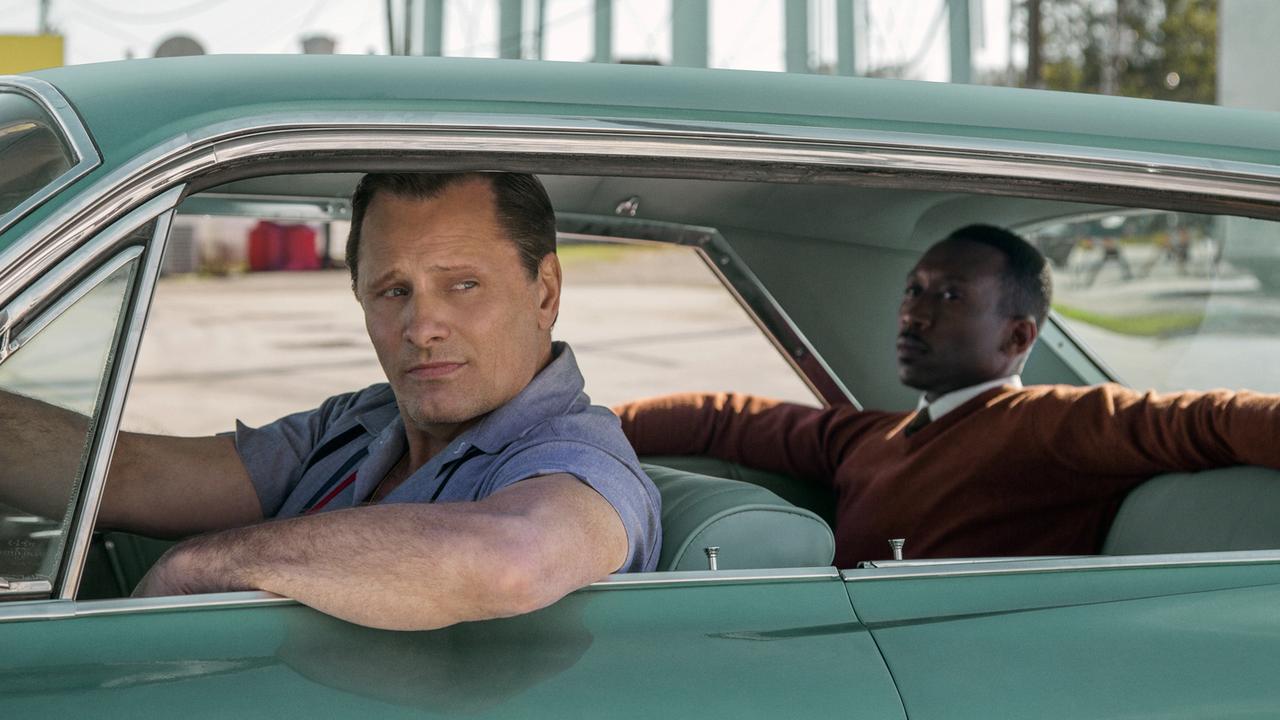
But its “can’t we all just get along, isn’t it nice and dignified when we do” philosophy ignores the larger challenges of institutional racism.
And the thing about institutional racism is that it’s much harder to see — it’s not the bigot shouting a racist tirade on the train we can all point at and condemn. People shouldn’t get to congratulate themselves for recognising that kind of behaviour is bad — it’s like saying water is wet.
Institutional racism is in the over-representation of some communities in the justice system and the under-representation of others in pop culture, business and politics, and the power structures that leads to multi-generational inequality.
Green Book’s simplistic, even naive, view that if we just stopped fighting each other and shake hands comes from the privileged perspective of people who aren’t still fighting for equal rights and treatment.
It’s no wonder that the film is being slammed by some US critics and commentators for being tone-deaf and regressive during the MAGA-era of renewed racial tension, especially when one of its awards season competitors is BlacKkKlansman, a rageful film that understands why people are angry and want change, not hugs.
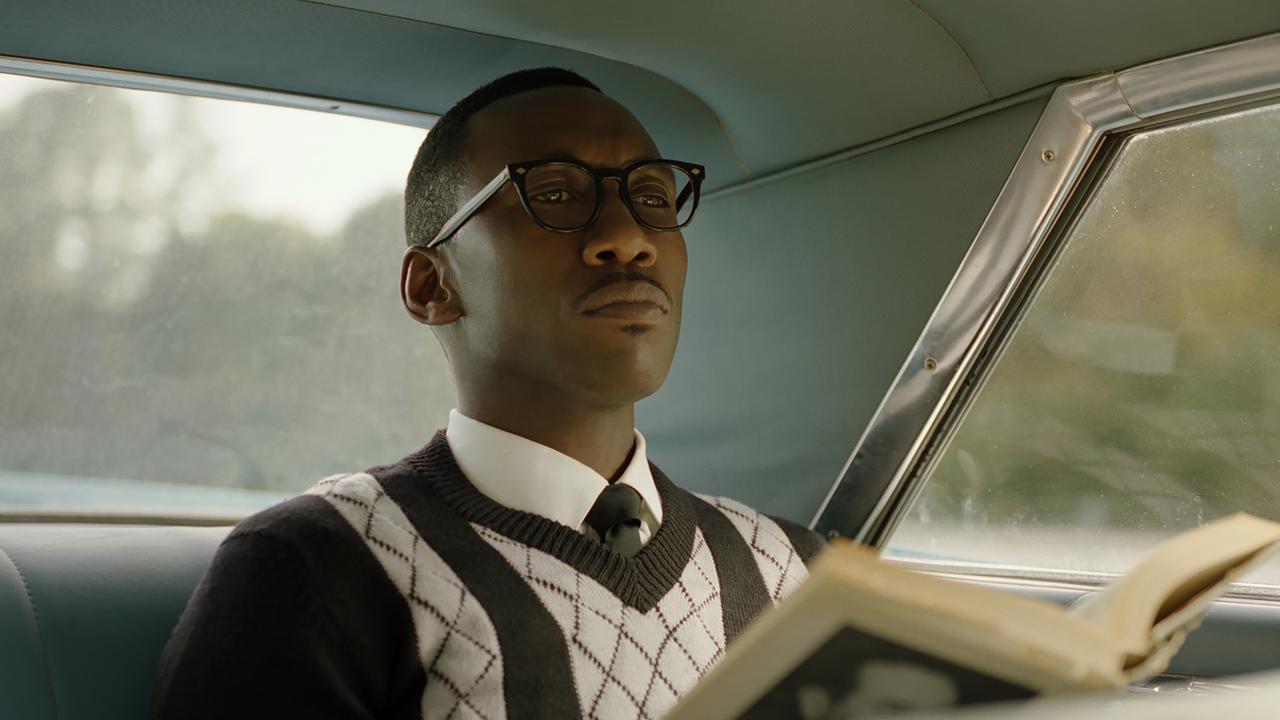
The movie’s title comes from the The Negro Motorist Green Book, a guidebook for African-American travellers in the south, highlighting the hotels, motels and restaurants that will serve them. That the book existed — and was essential — 100 years after slaves were emancipated is a travesty.
Green Book portrays several instances in which Shirley is discriminated against by “No blacks” signs outside lodgings or his white hosts who are happy for the musical prodigy to play their grand piano to their assembled friends but won’t let him use an inside bathroom.
If only its sticky, antiquated race politics was all Green Book had to worry about.
Green Book was co-written by Tony Lip’s son Nick Vallelonga from stories his father told him and from, what he claims, Shirley before his death in 2013. It’s natural for Vallelonga to want to present his father in a flattering light, and Green Book and Don Shirley’s story is very much told from the Vallelonga family’s point-of-view.
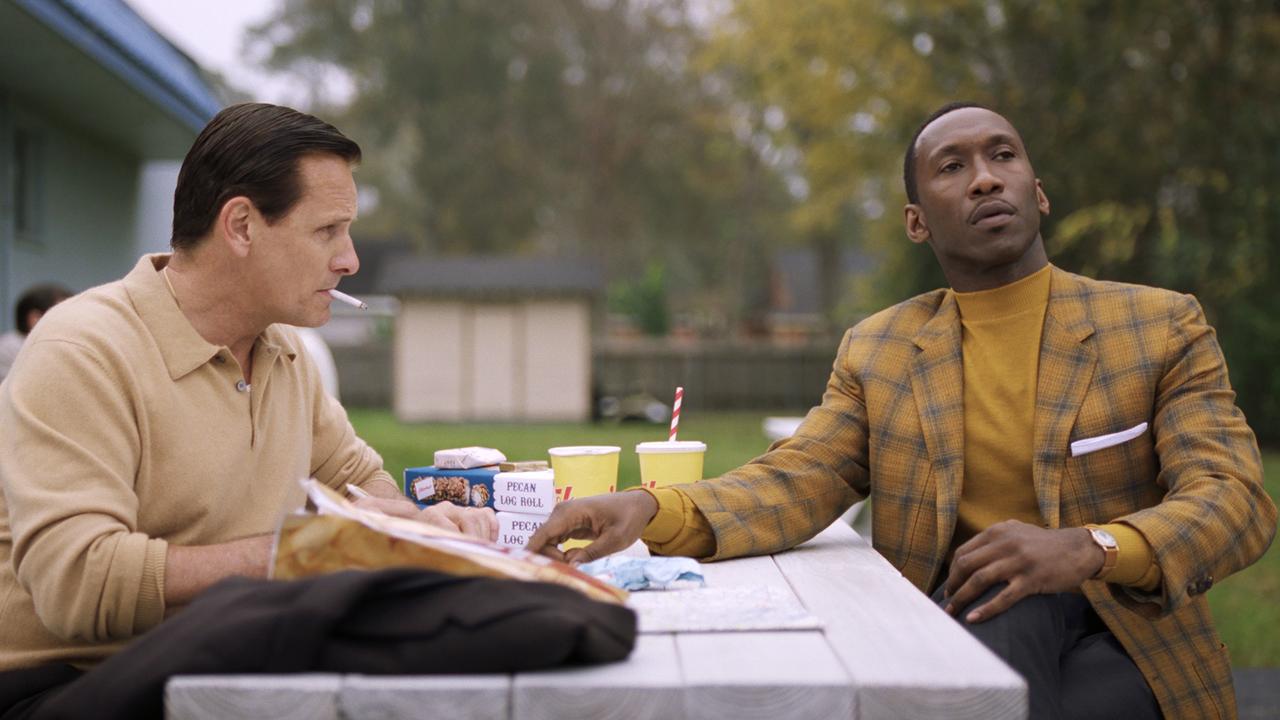
Shirley’s surviving family has indicted the film as a “symphony of lies”, decrying it for inaccurately portraying their kin as someone disconnected from his family and from his African-American community.
One of them also claims Shirley and Tony were never friends, only employer-employee and that Nick Vallelonga had approached Shirley several times before his death about the film and was always rebuffed. Vallelonga denies the charge.
Additionally, director Peter Farrelly has had to apologise after an old interview emerged in which he bragged about flashing his penis more than 500 times. Meanwhile, an anti-Muslim tweet Nick Vallelonga published in 2015 resurfaced.
With all that going on, it’s hard to separate the craft of Green Book from its controversies. While that doesn’t discredit Green Book entirely, it is undoubtedly tainted.
Rating: ★★★
Green Book is in cinemas from Thursday, January 24.
Share your movies and TV obsessions: @wenleima
Check out our What to Watch page for the latest can’t-miss TV and movies



